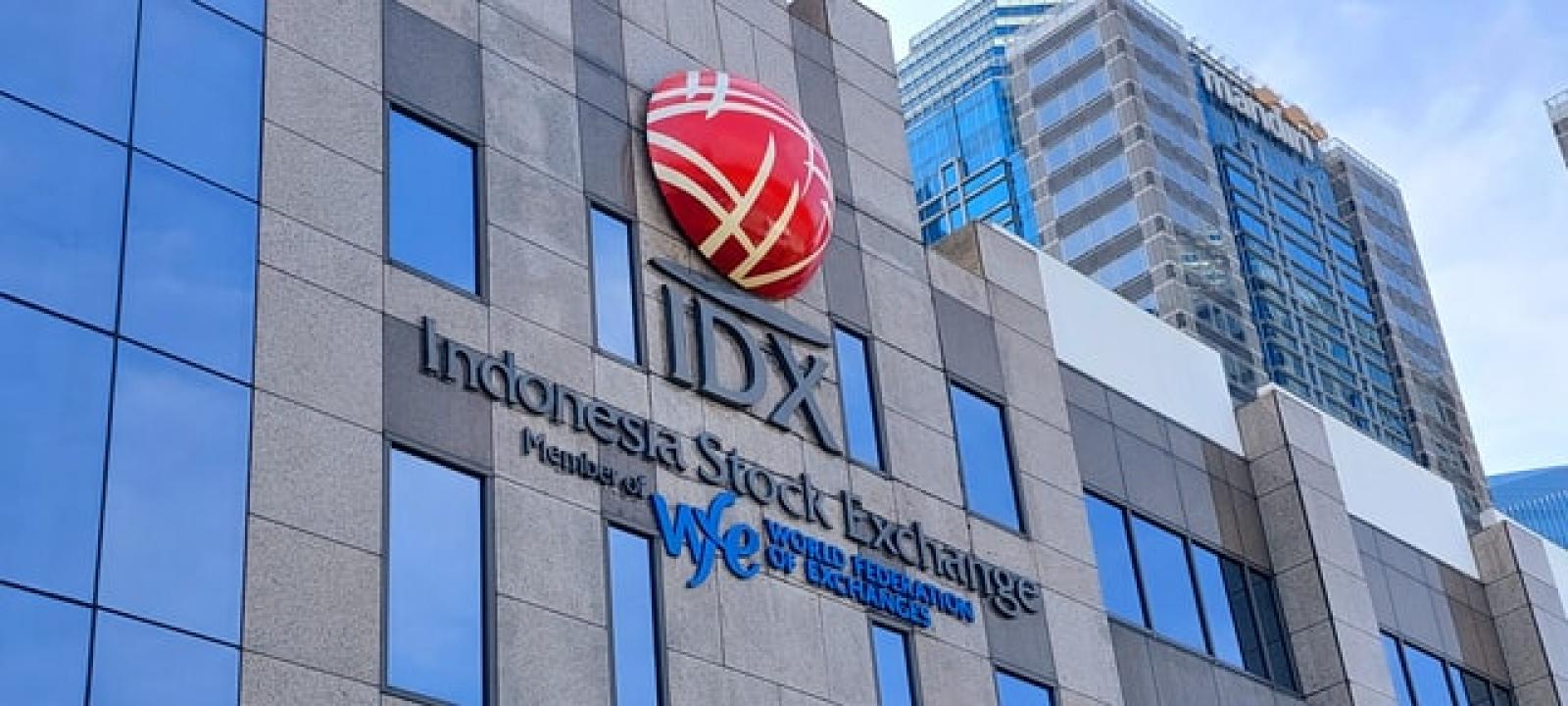Market Impact and the Future of Mt. Gox Claims
Despite anticipation surrounding a potential sell-off of these distributed assets, the market has remained relatively stable. No significant price drop has been observed.
The Mt. Gox exchange, once the world’s largest Bitcoin exchange, collapsed in 2014 after losing 850,000 BTC in a massive hack, leading to its bankruptcy.
Creditors have awaited the return of their assets for over a decade – a process fraught with legal and logistical hurdles.
In July 2024, Mt. Gox announced it would begin repaying creditors in Bitcoin and Bitcoin Cash. This followed a rehabilitation plan involving designated crypto exchanges, including Kraken, Bitstamp, and Bitgo.
While the crypto community is watchful, the expected sell-off hasn’t materialized. Creditors are showing restraint despite the large sums involved.
After more than a decade of legal process, the long awaited creditor distribution of the #Bitcoin recovered from the Mt.Gox exchange collapse is underway.
From a psychological perspective, this represents the final chapter in what has been a major market overhang over the… pic.twitter.com/DA5Sup4lBF
— glassnode (@glassnode) July 29, 2024
A report by Glassnode suggested that the conclusion of this long-running saga could alleviate a substantial burden on the market, bringing closure to one of the most momentous events in cryptocurrency history.
Mt. Gox has completed initial Bitcoin payouts to creditors through Kraken and Bitstamp, though some withdrawal issues arose and have mostly been resolved.
The exchange recently moved $5.52 billion worth of Bitcoin through a series of transactions. This included $2.85 billion to an undisclosed wallet and $2.47 billion from cold storage to an unknown address, in addition to internally shifting portions of its holdings between cold wallets.
With over $9.4 billion worth of Bitcoin still owed to Mt. Gox creditors, completing this distribution is a critical step for those directly involved and the entire cryptocurrency ecosystem.





